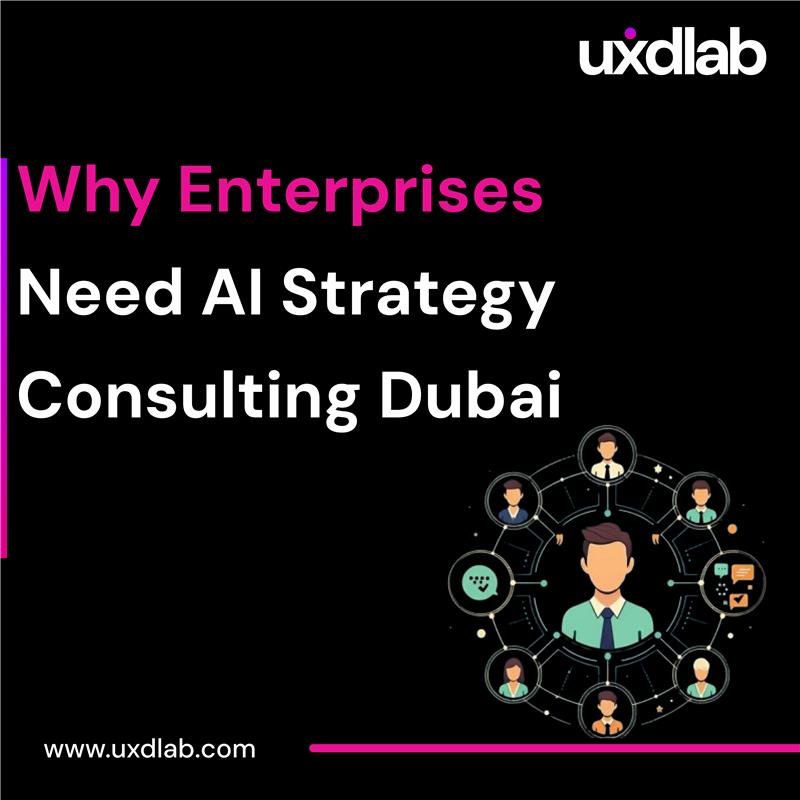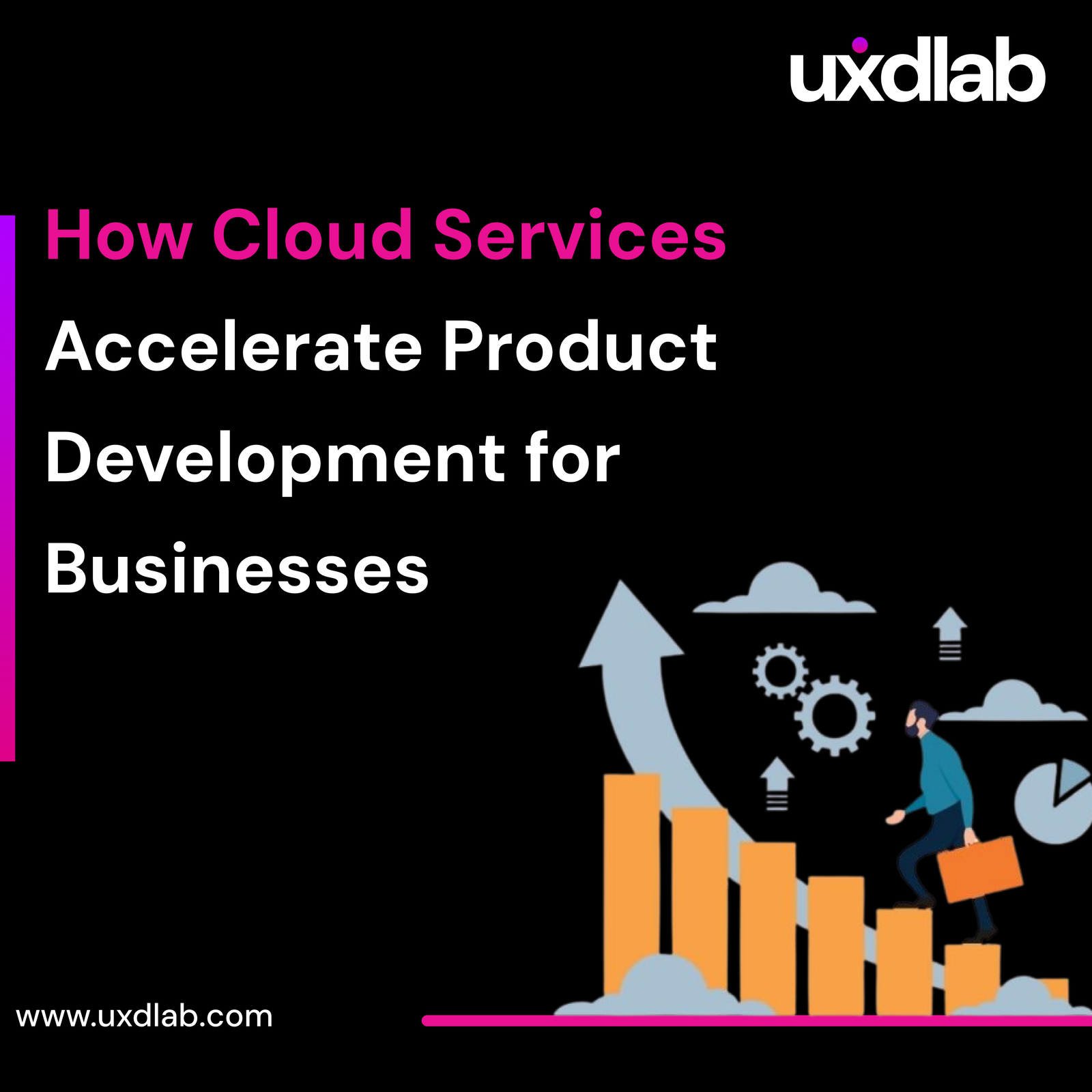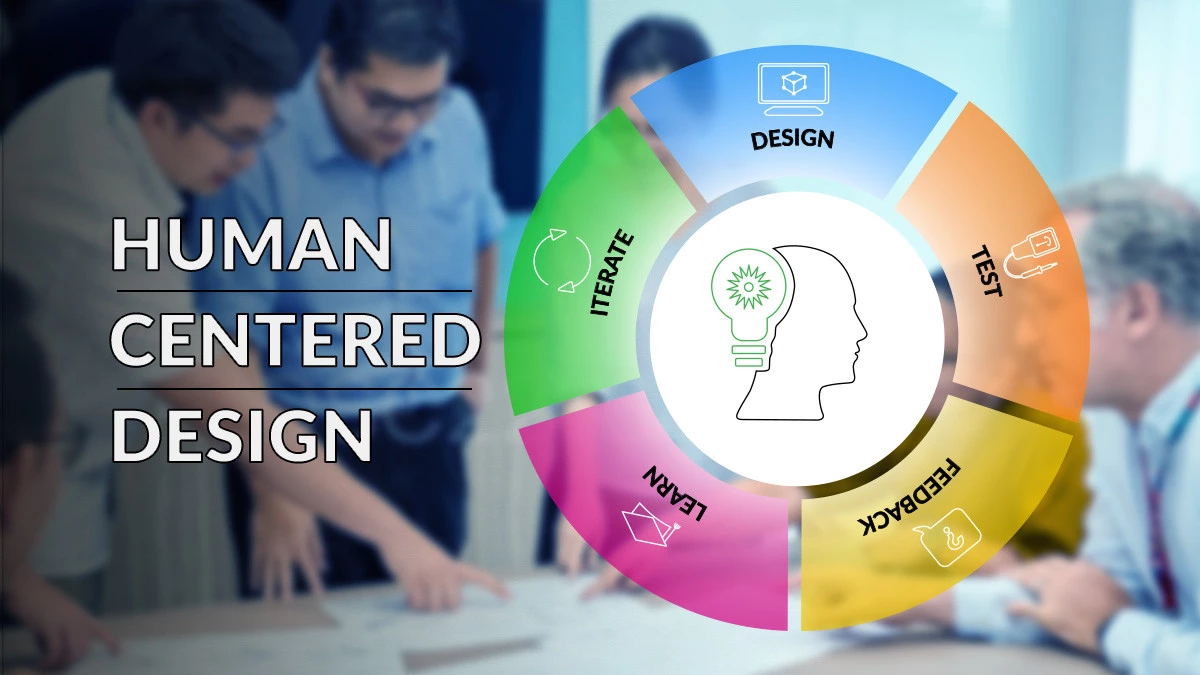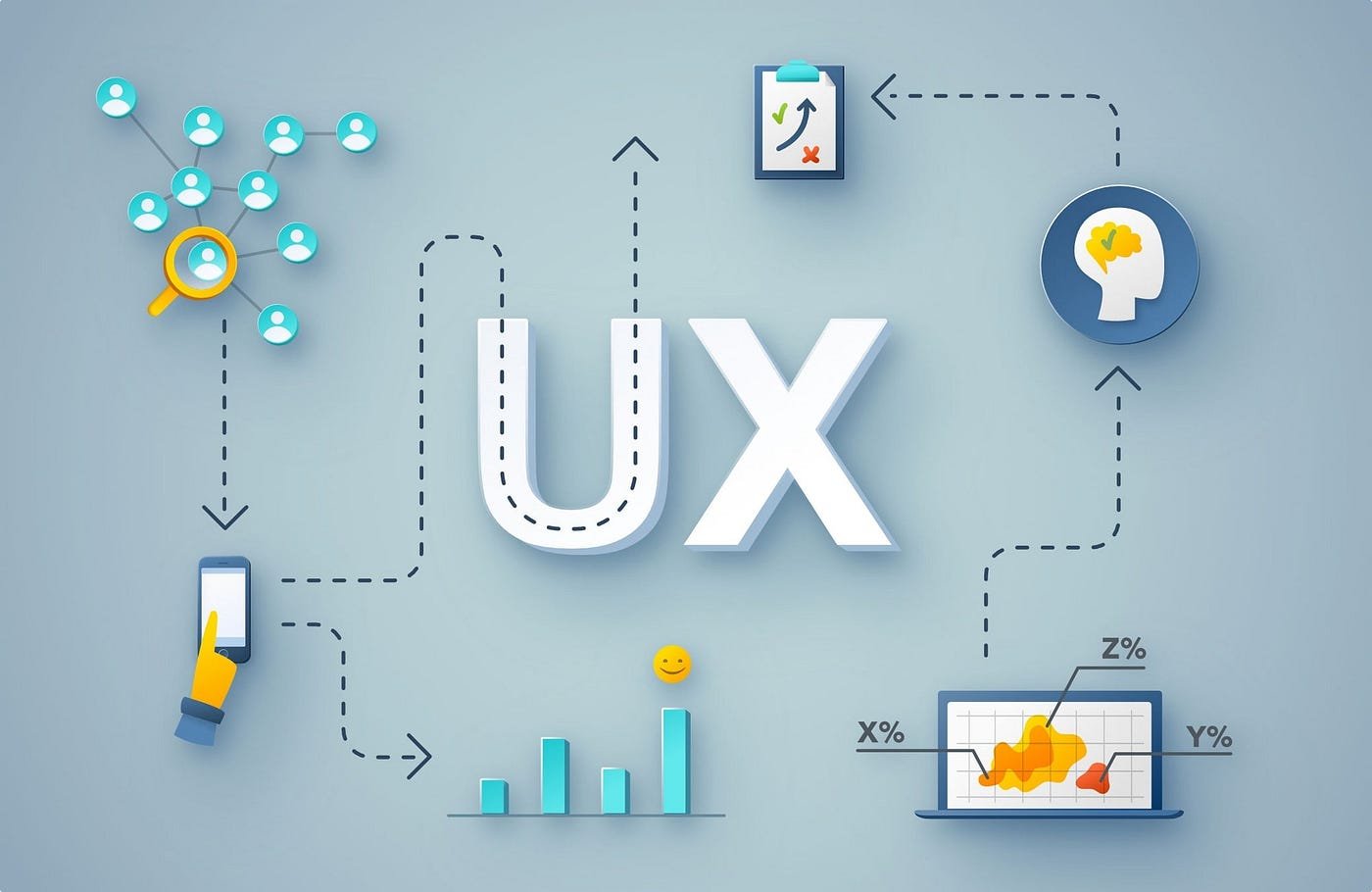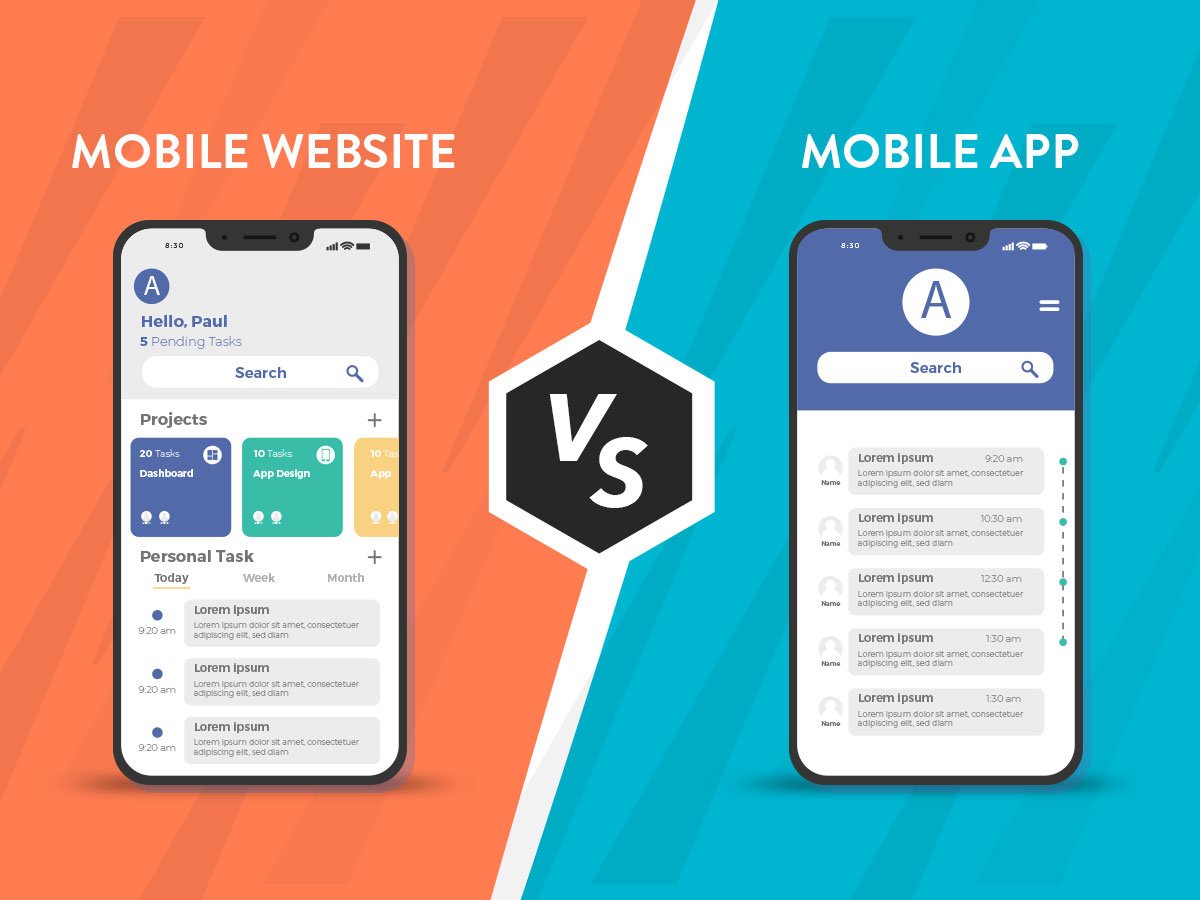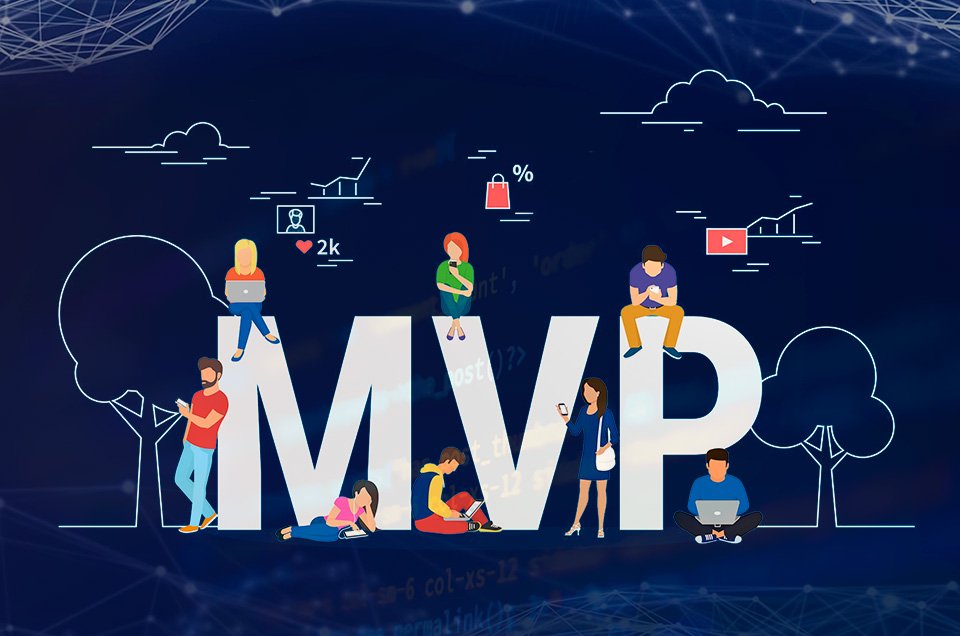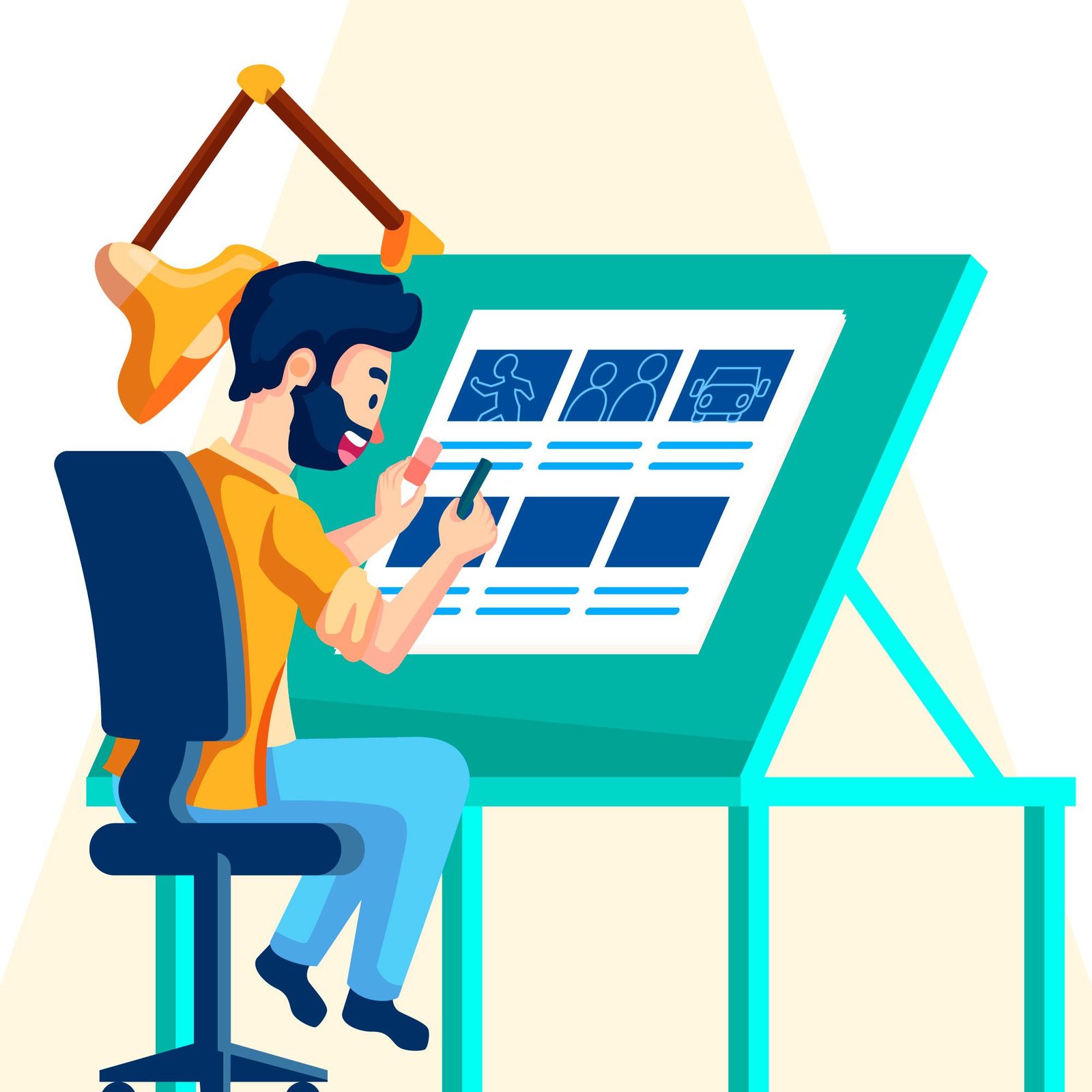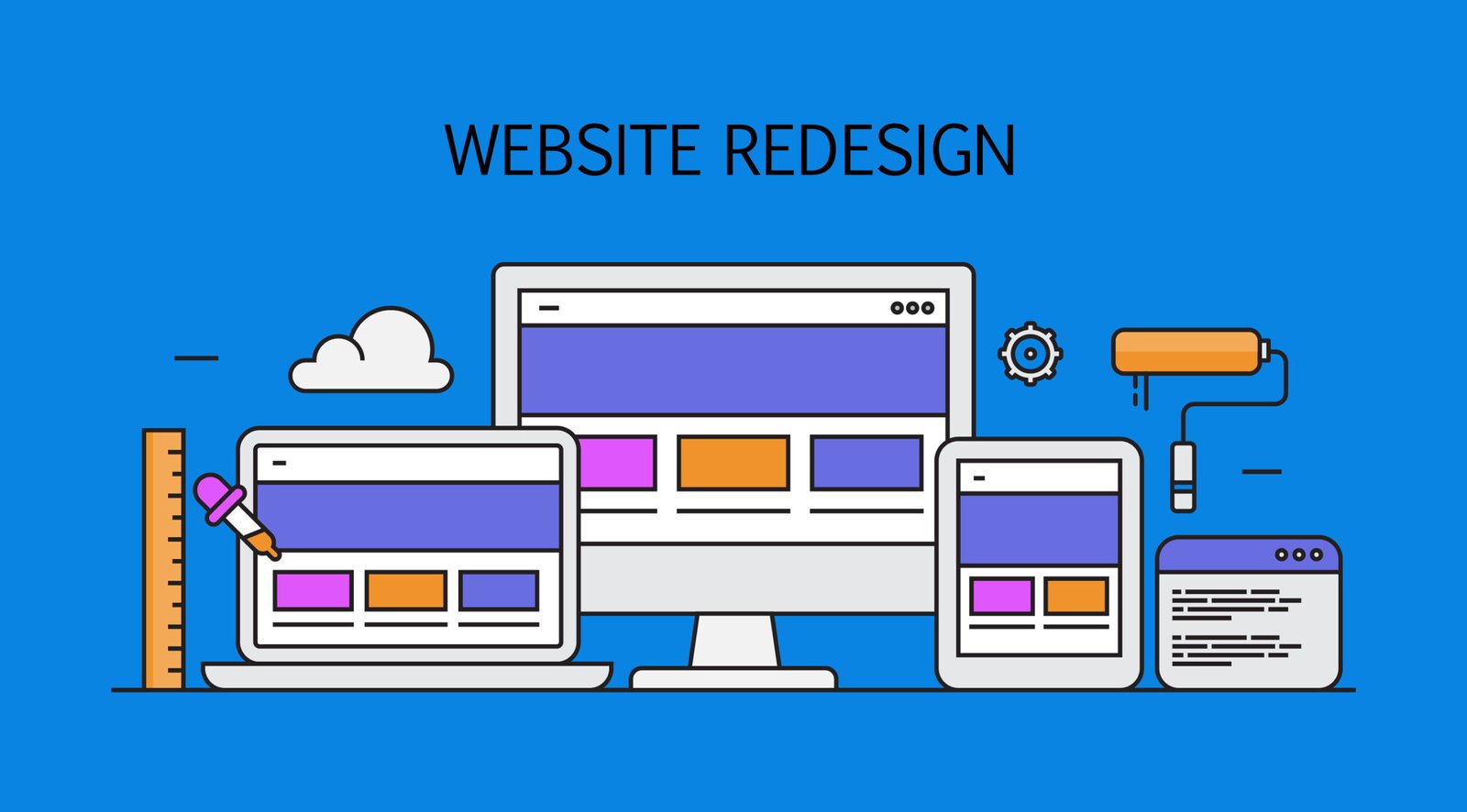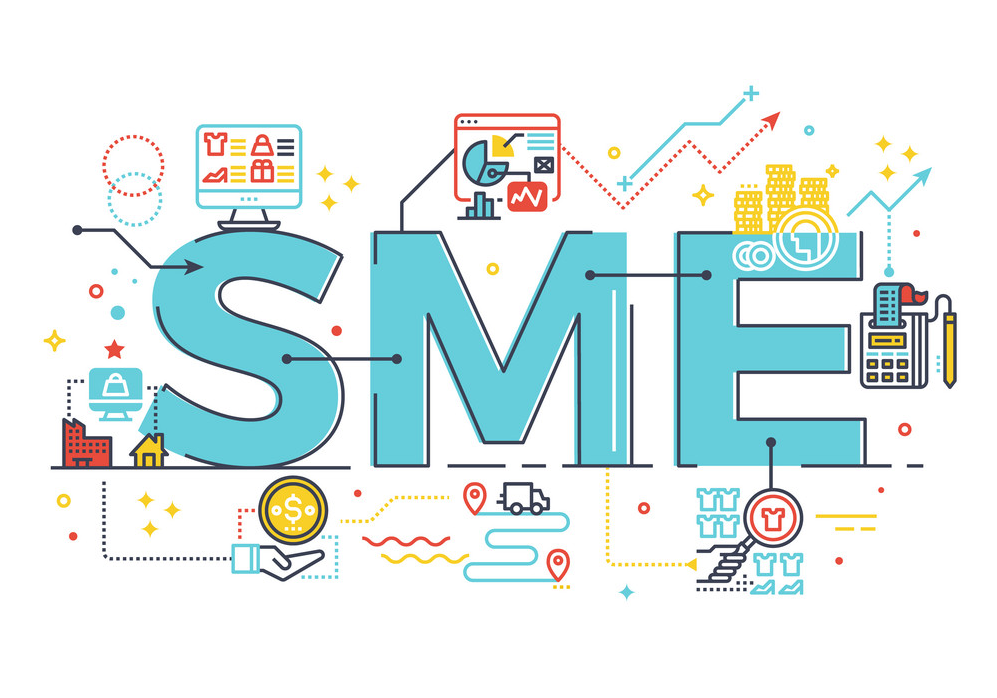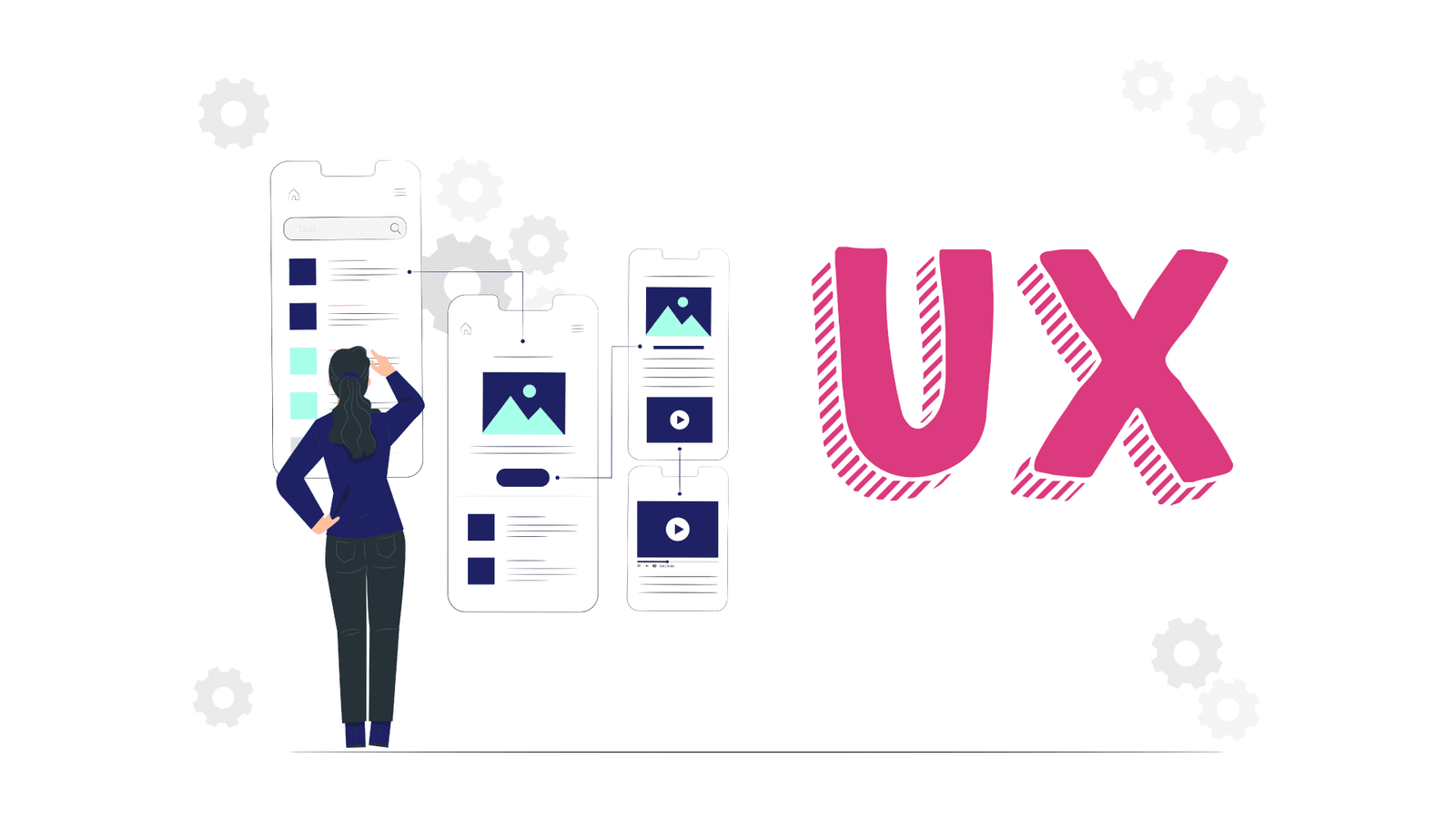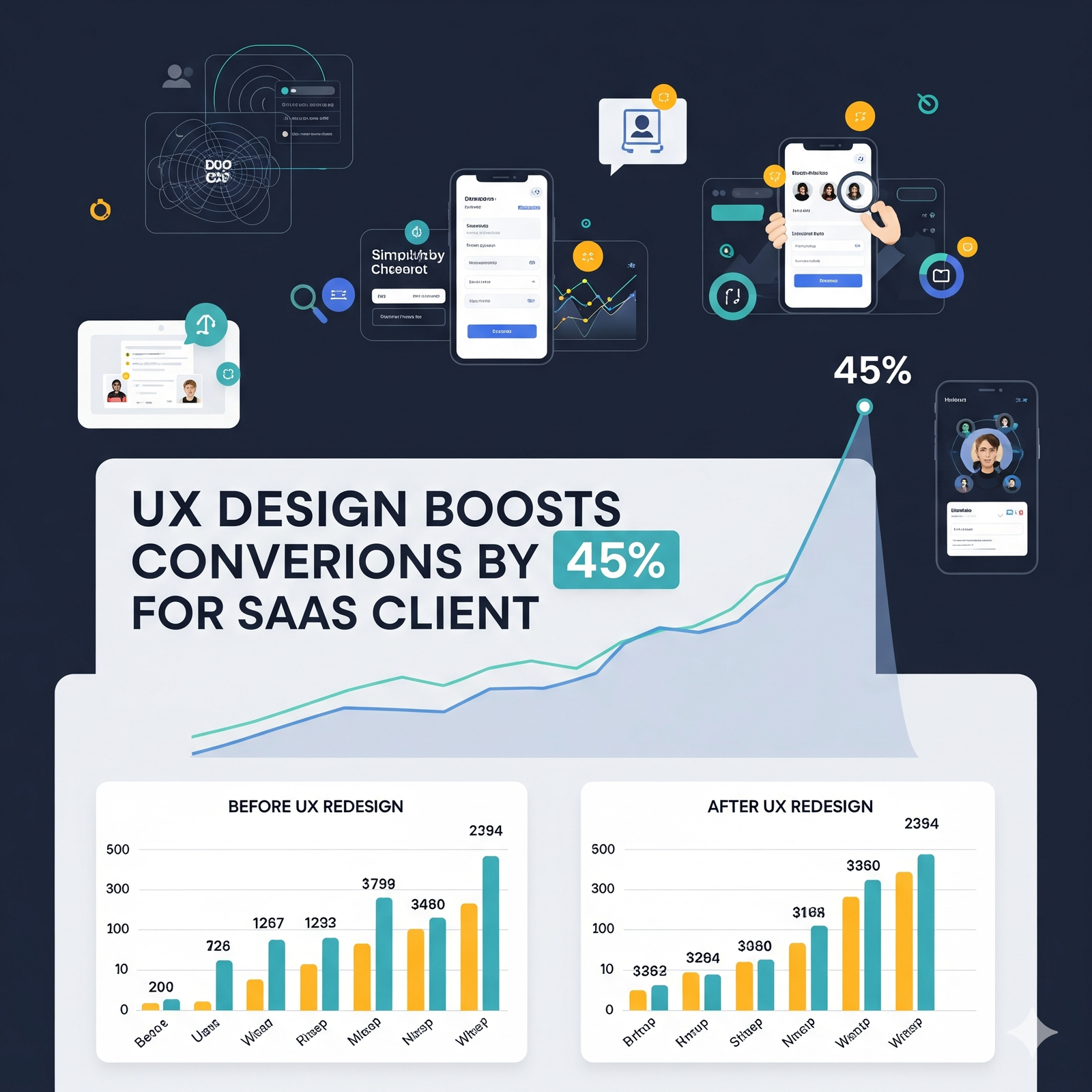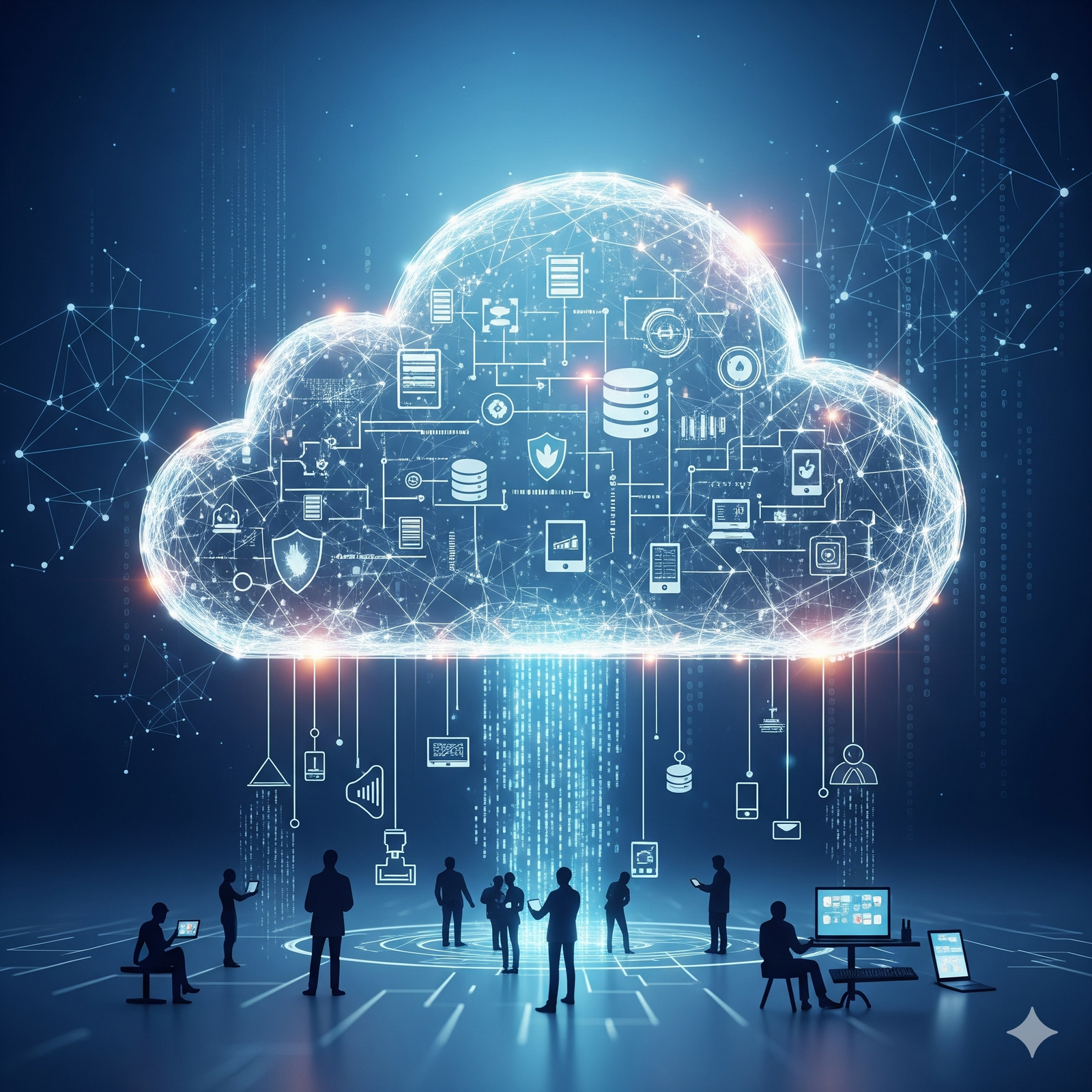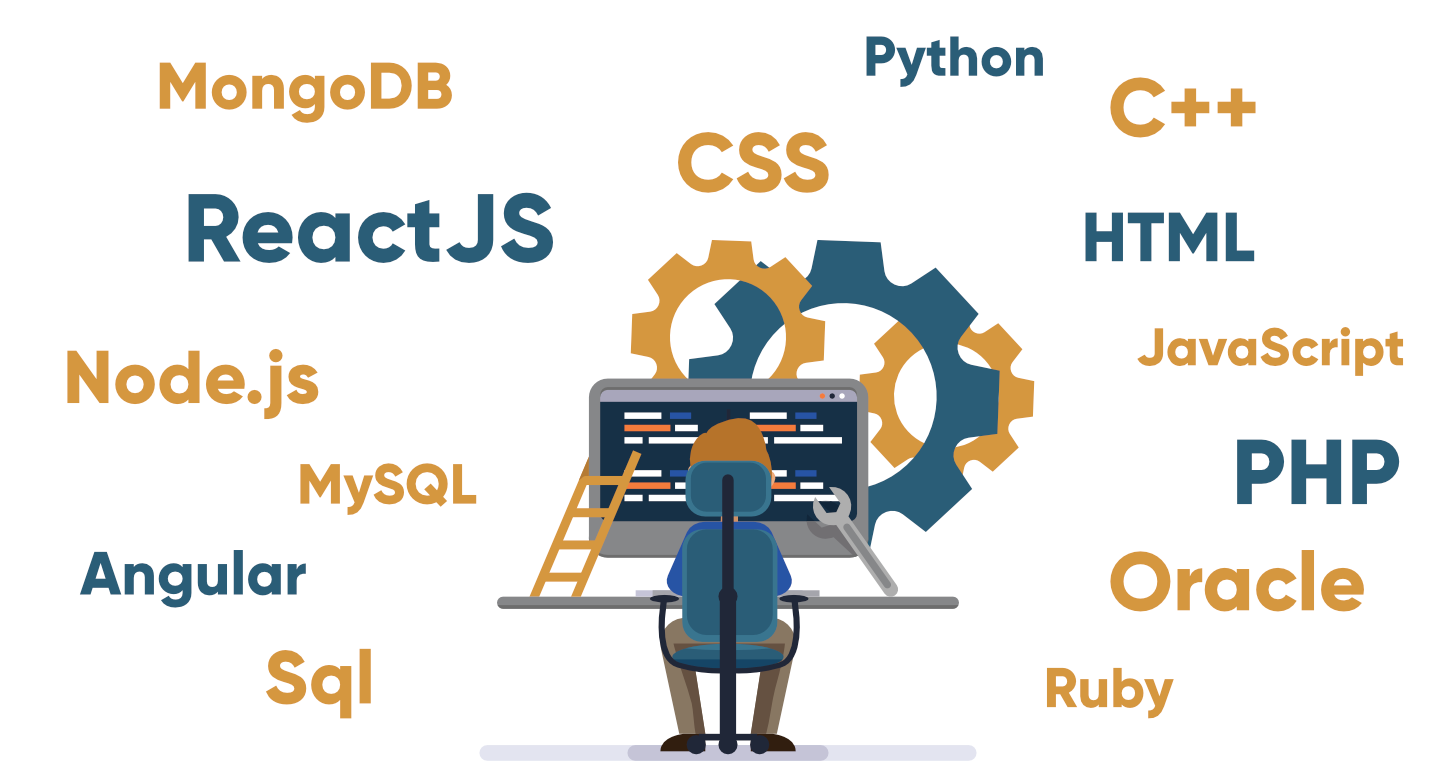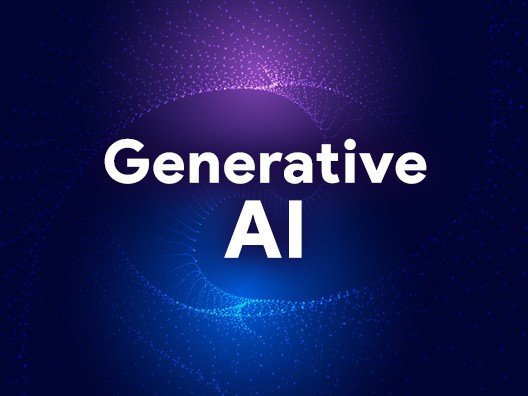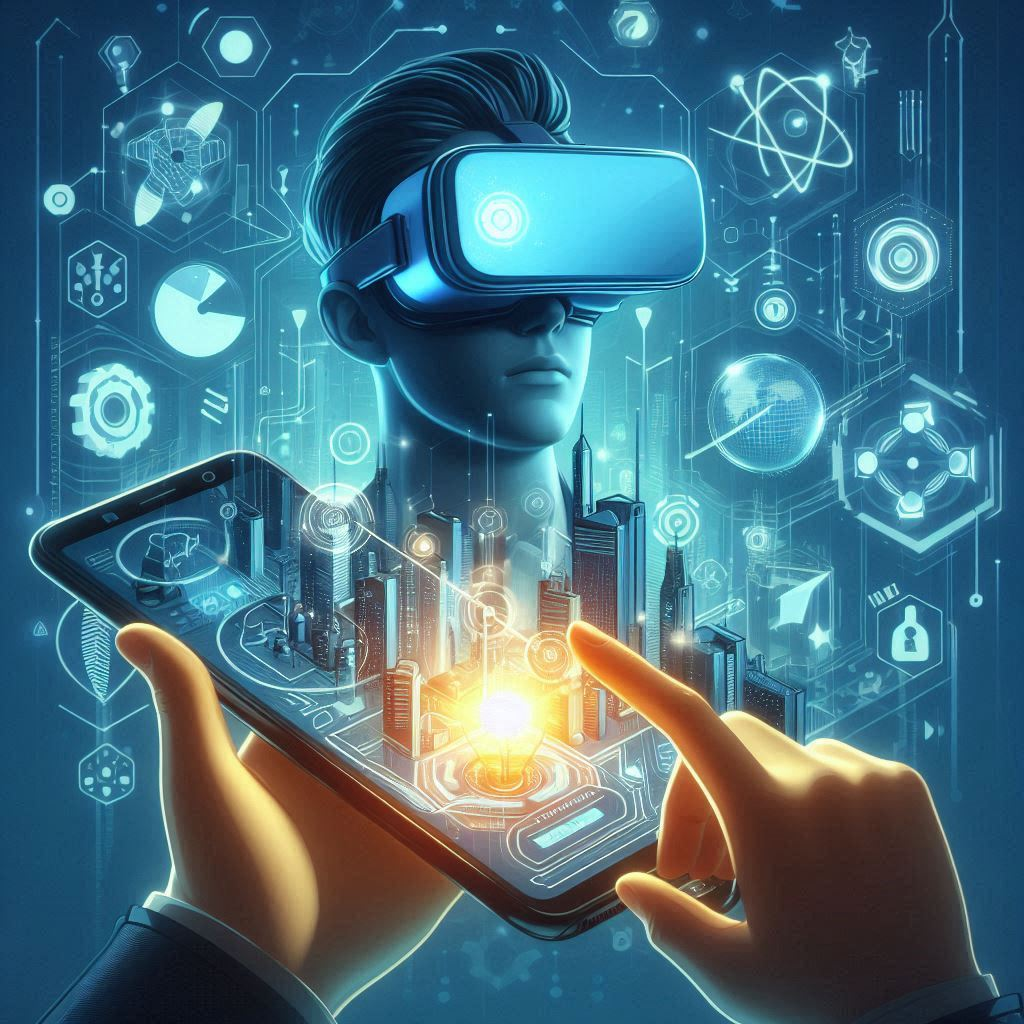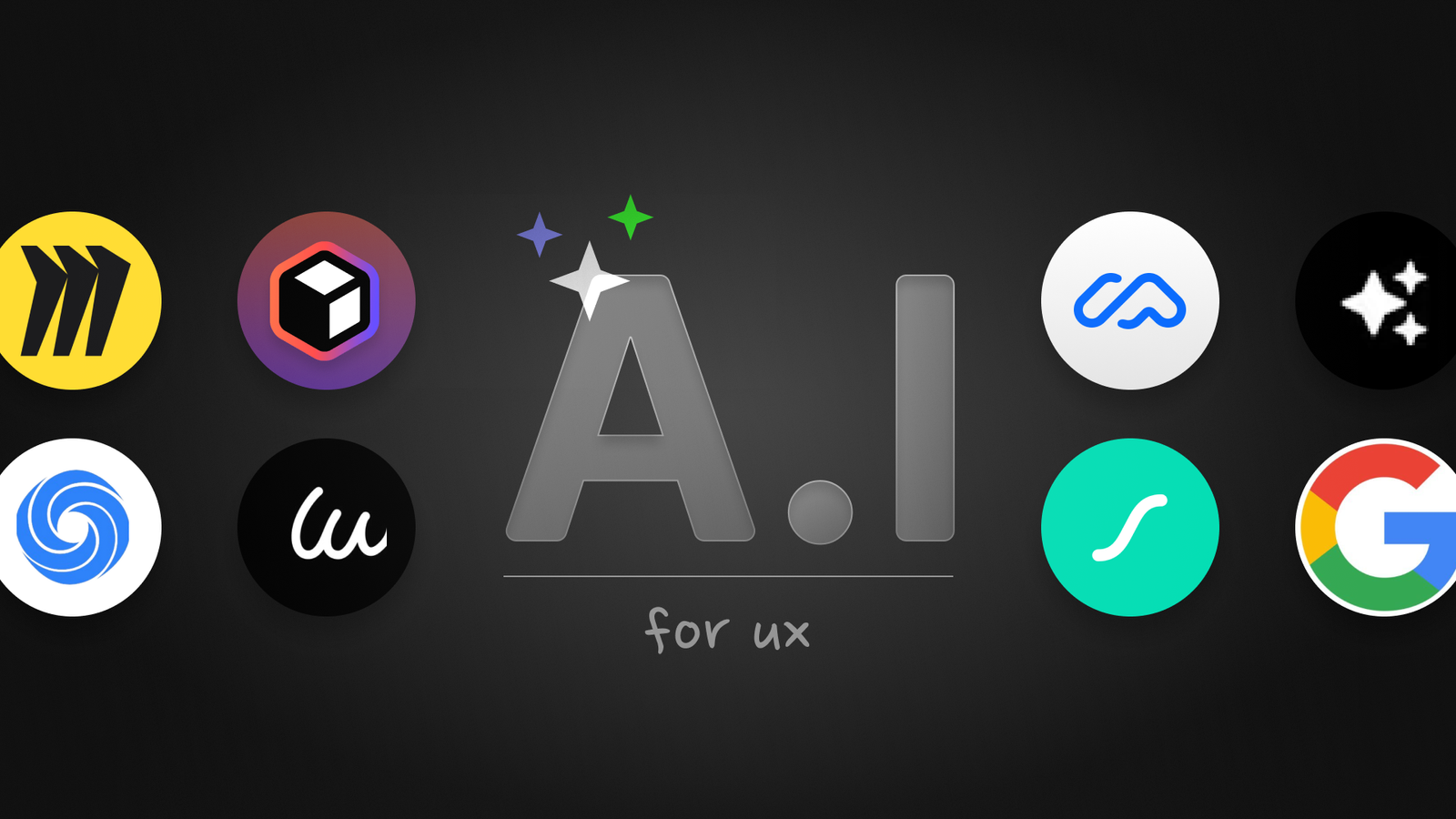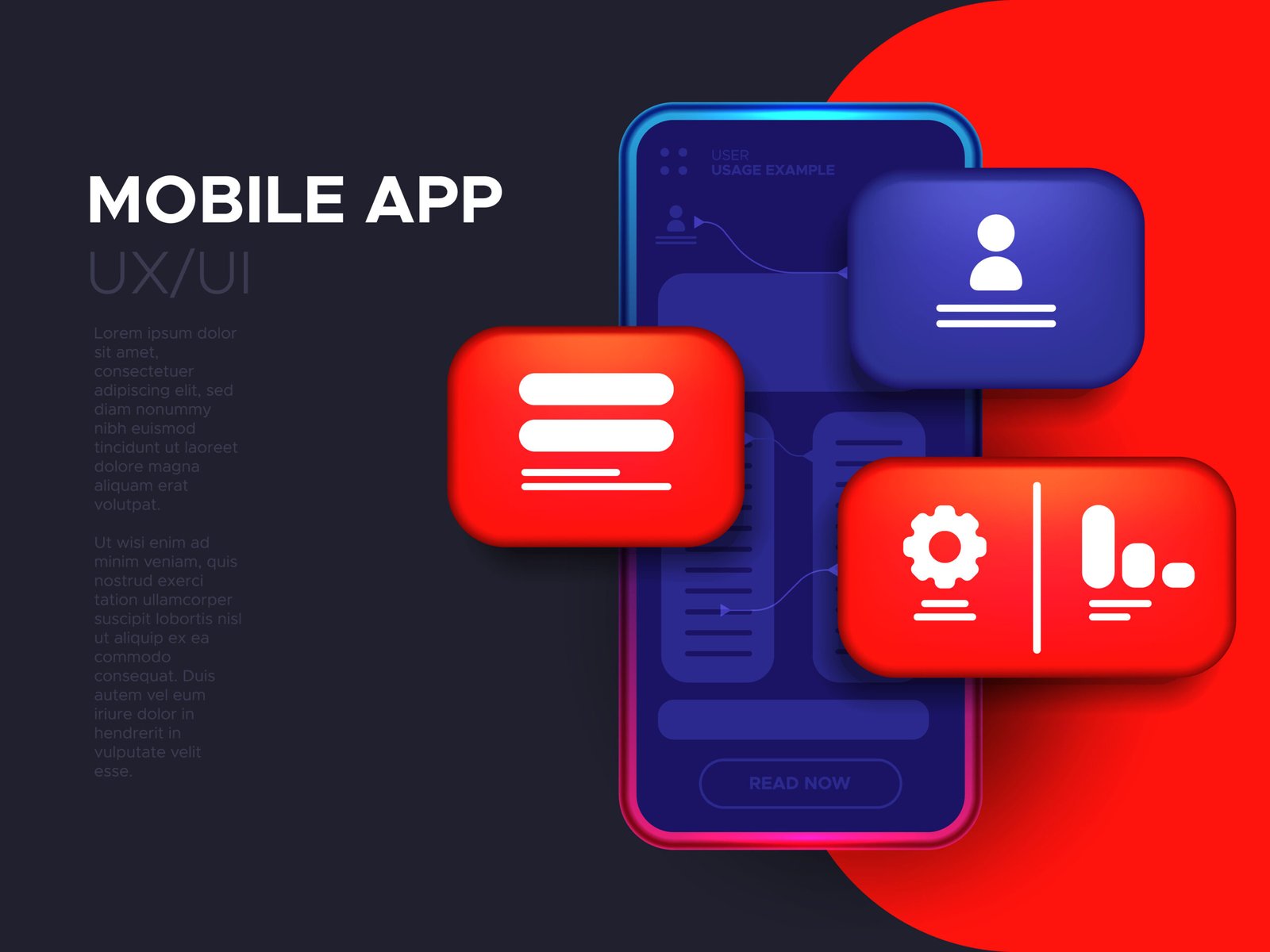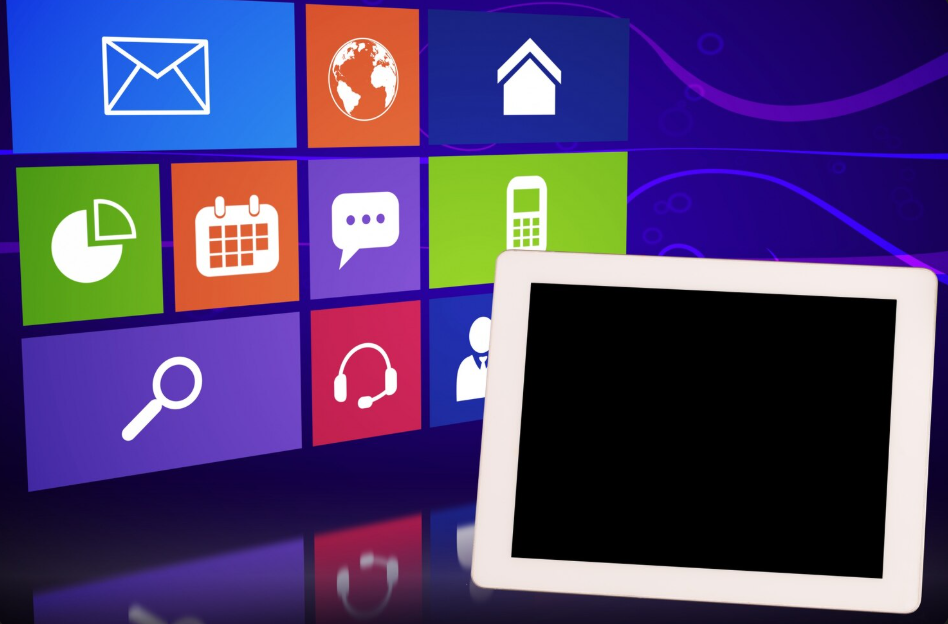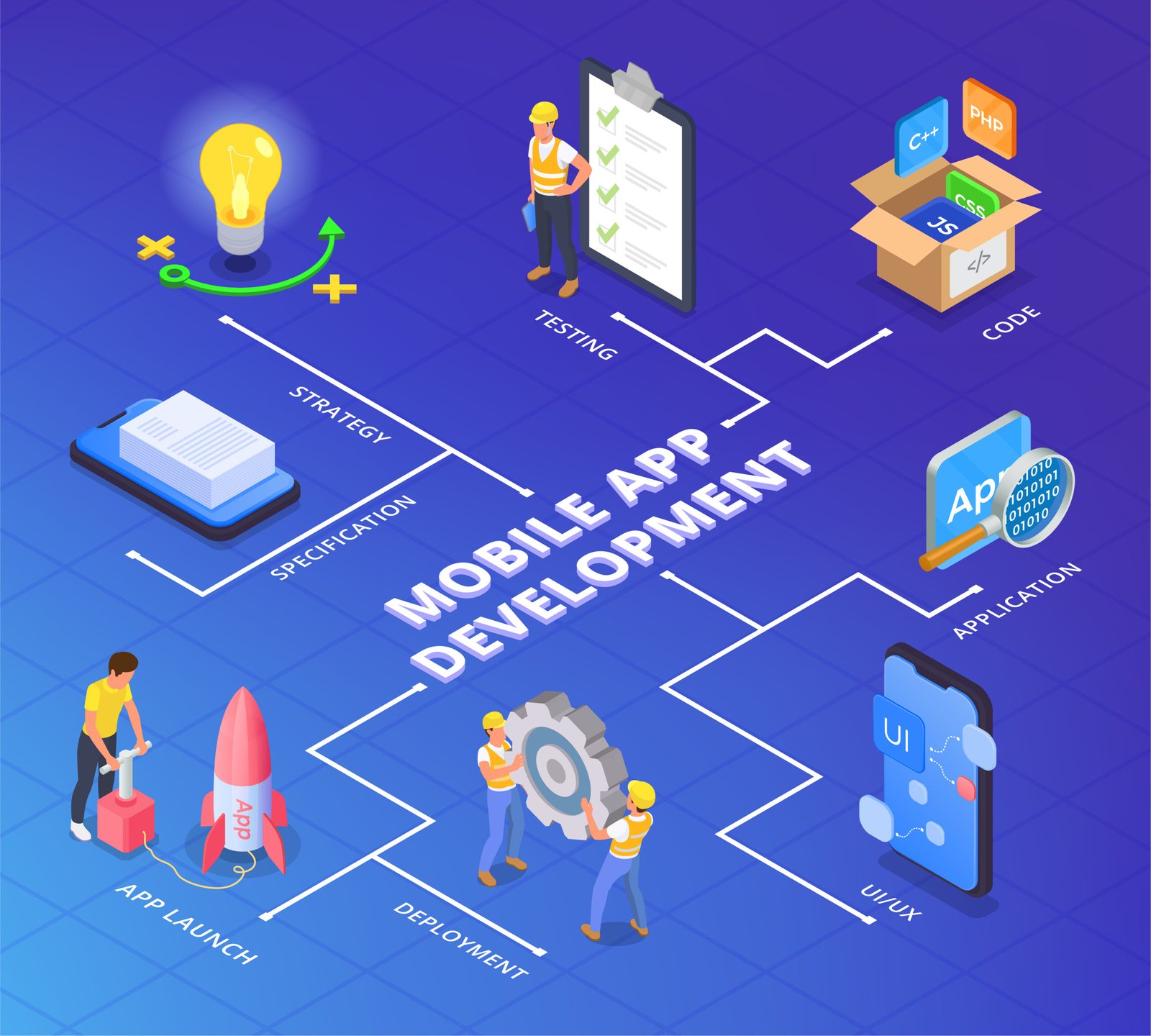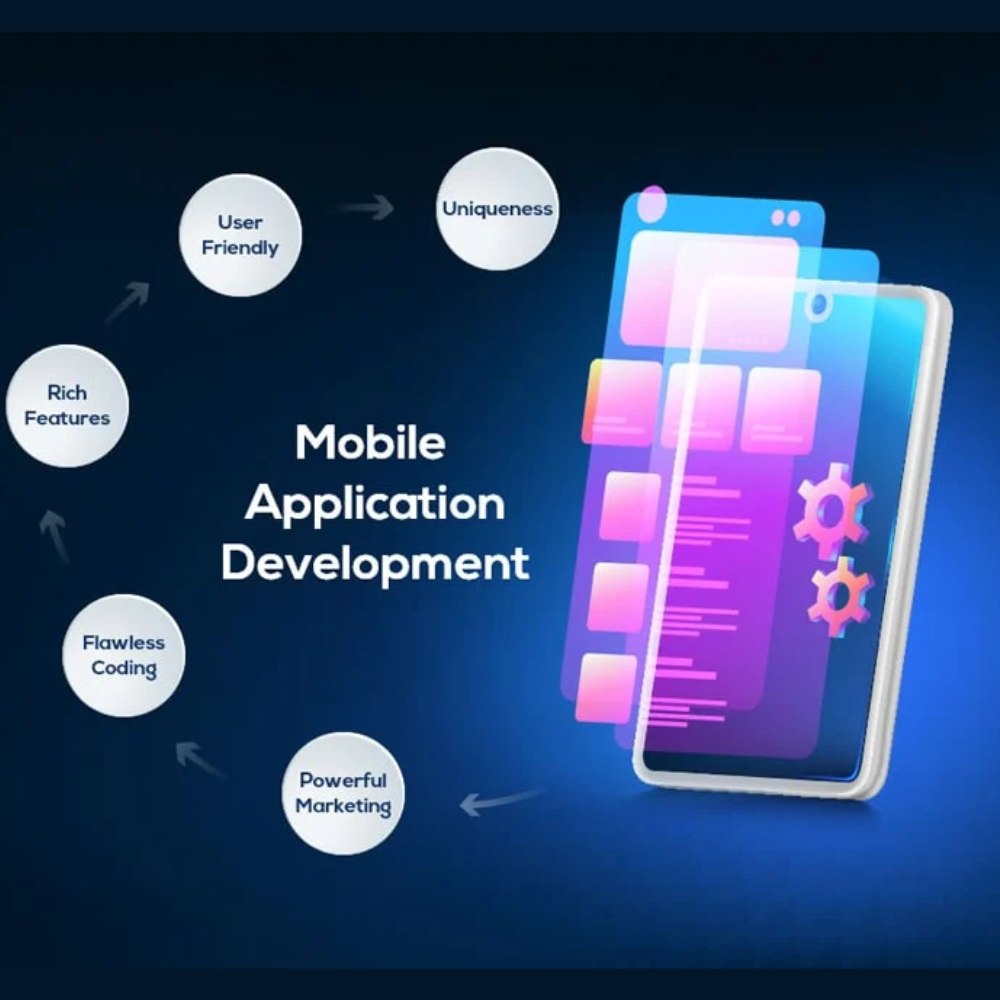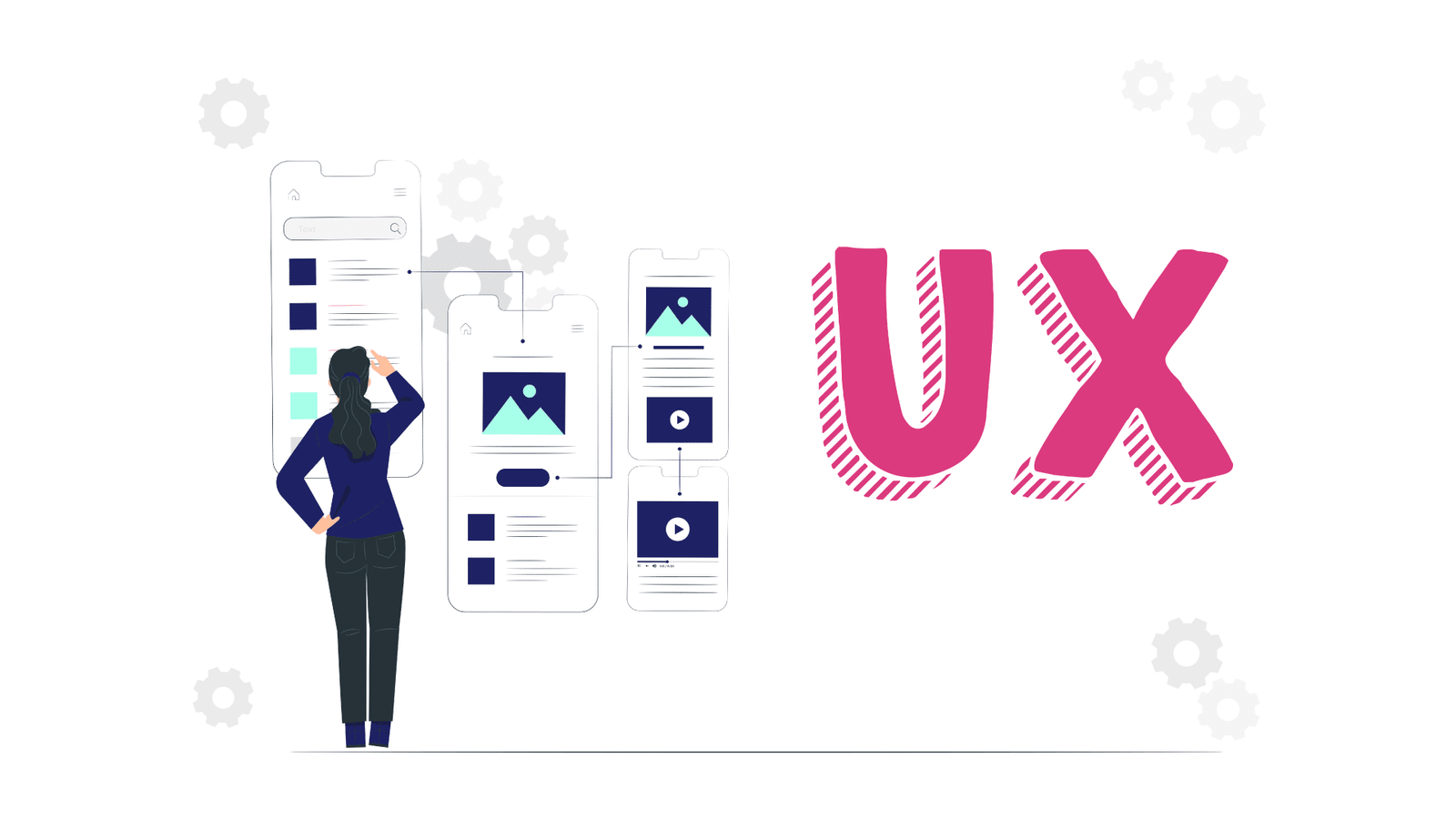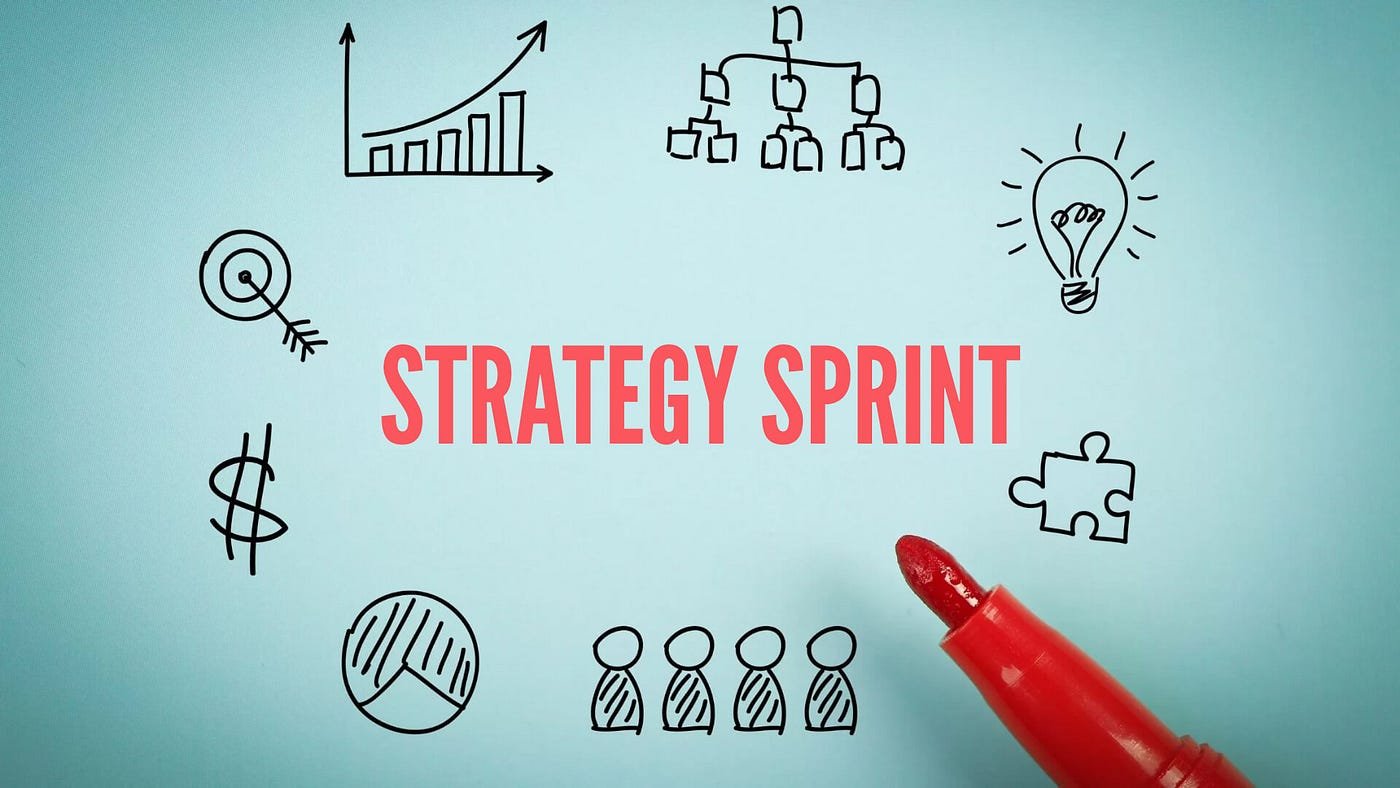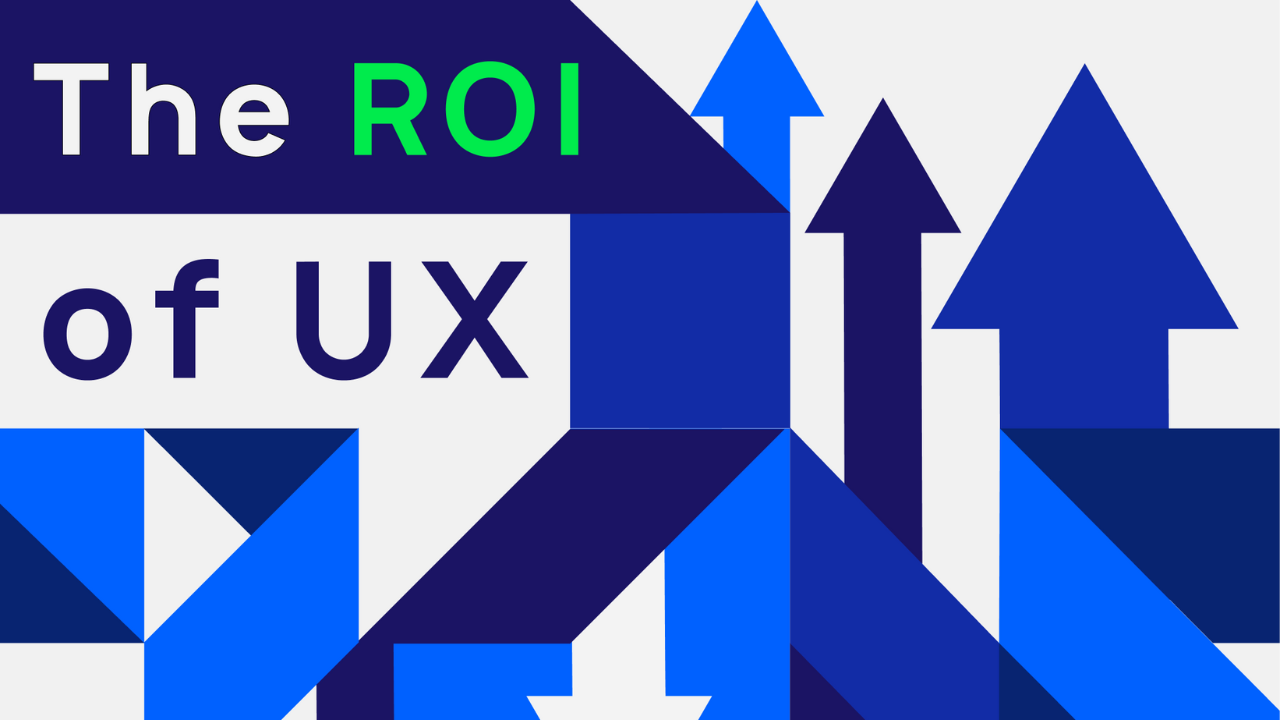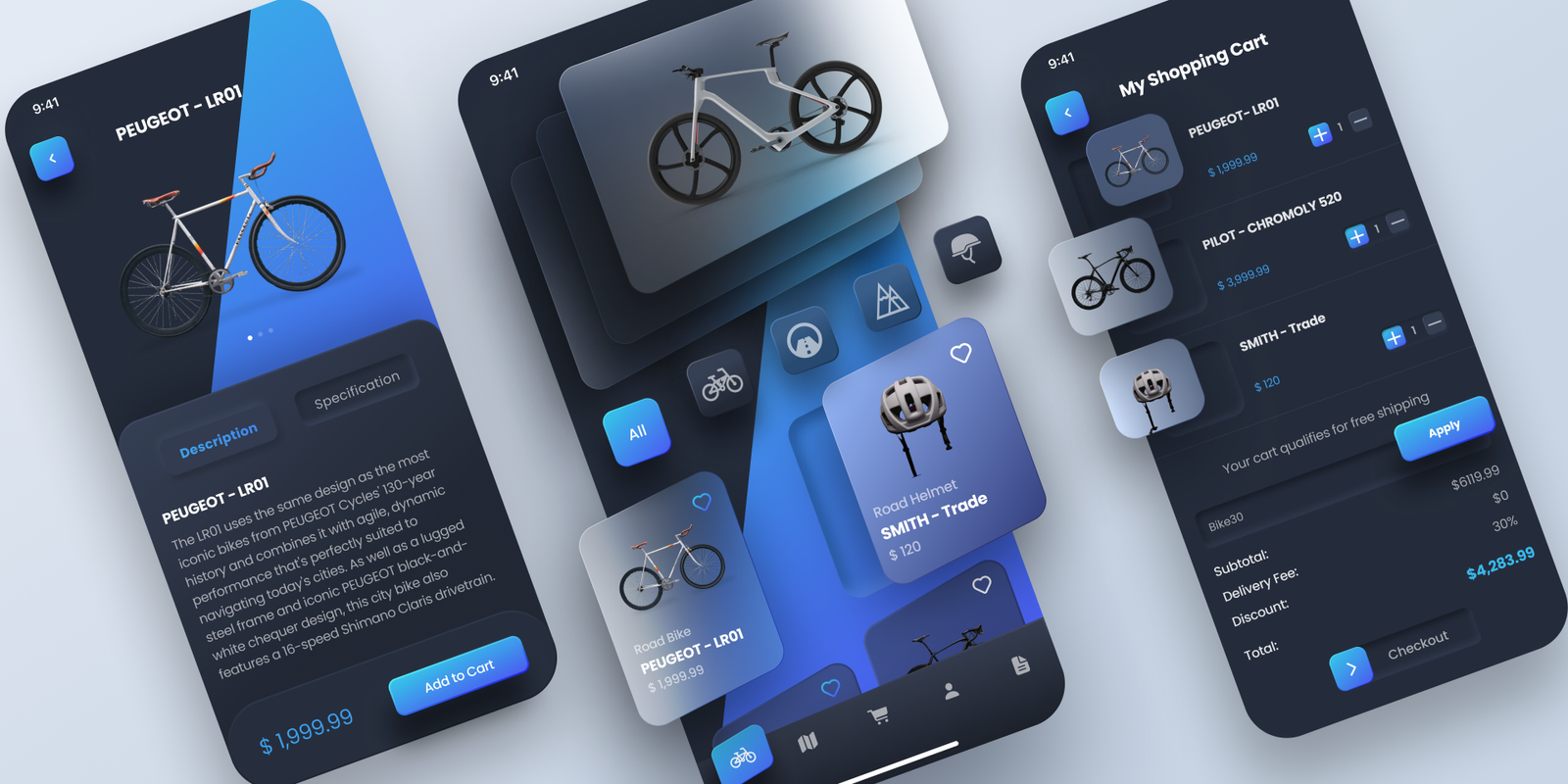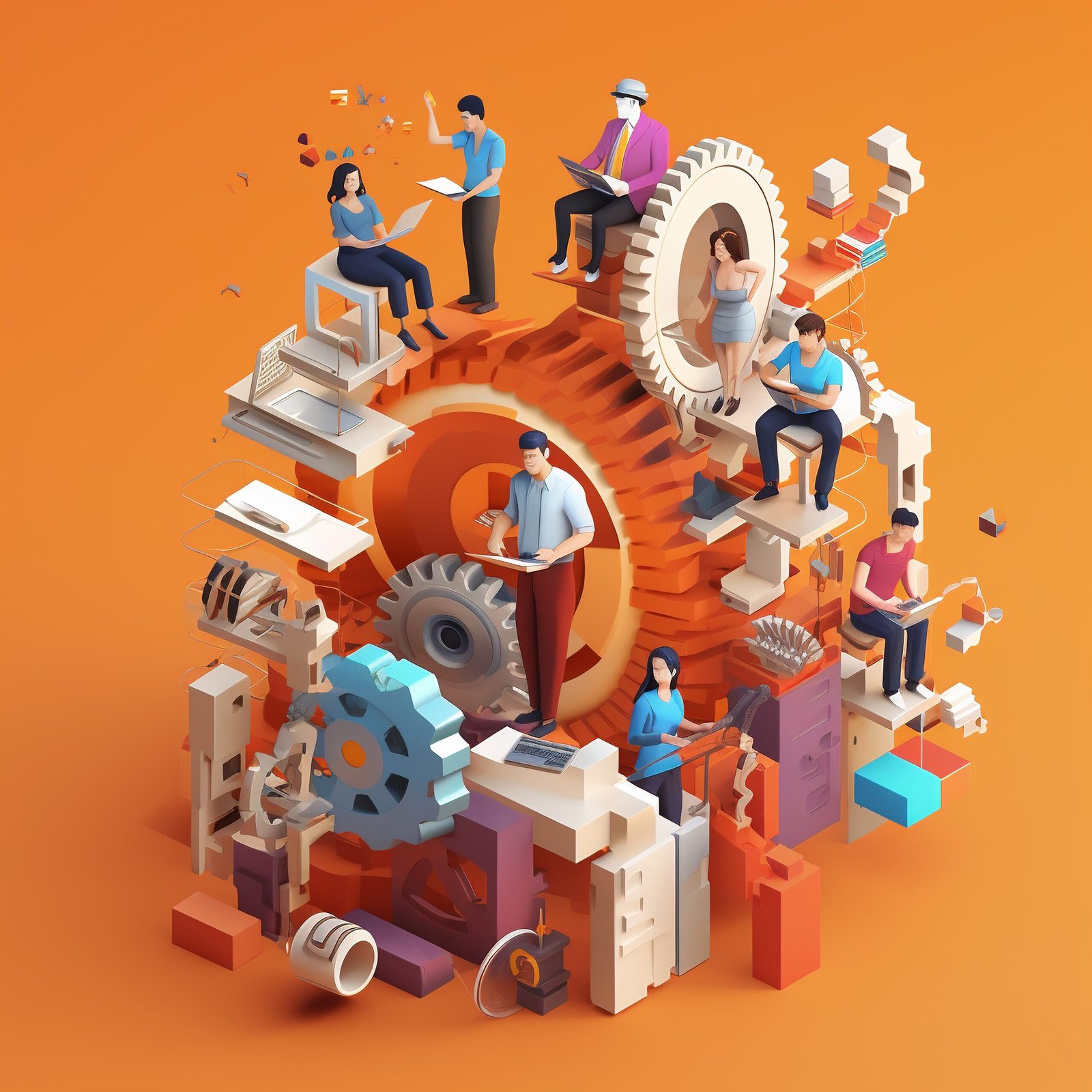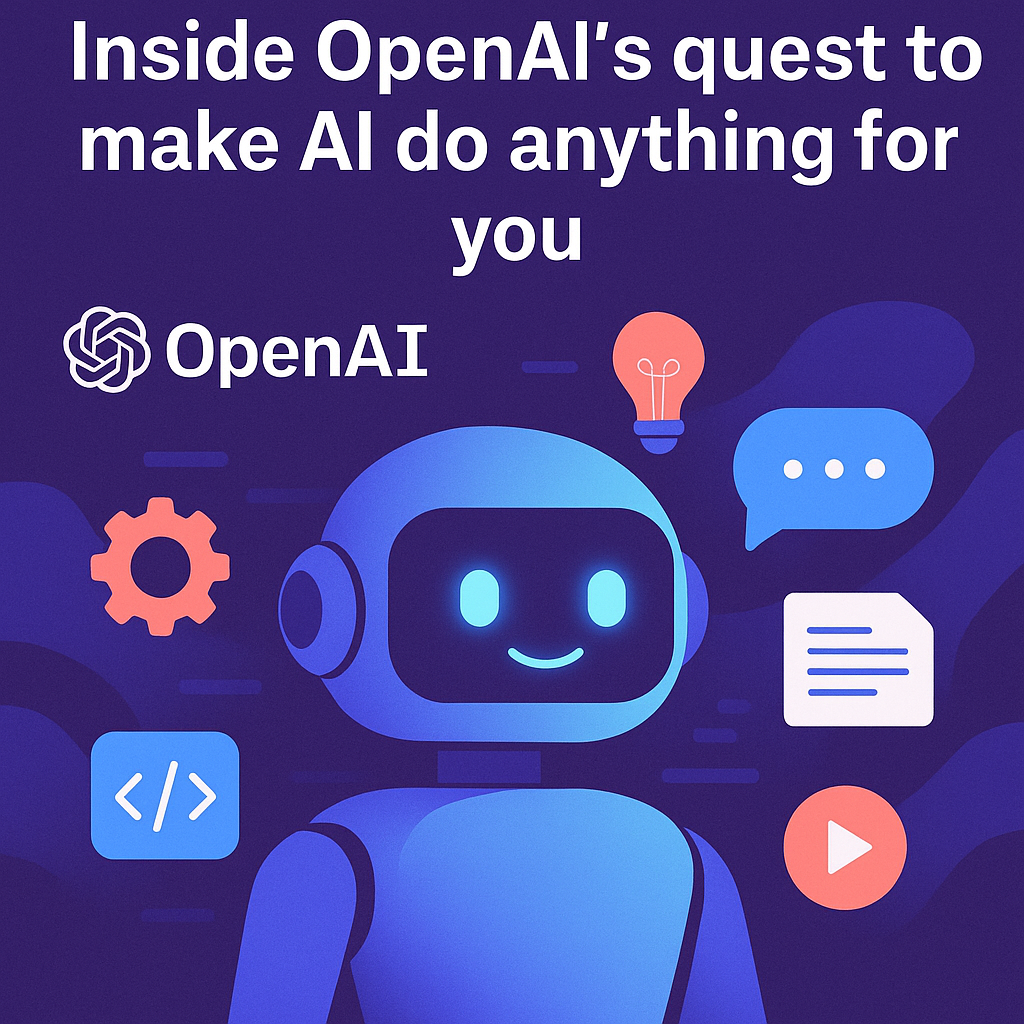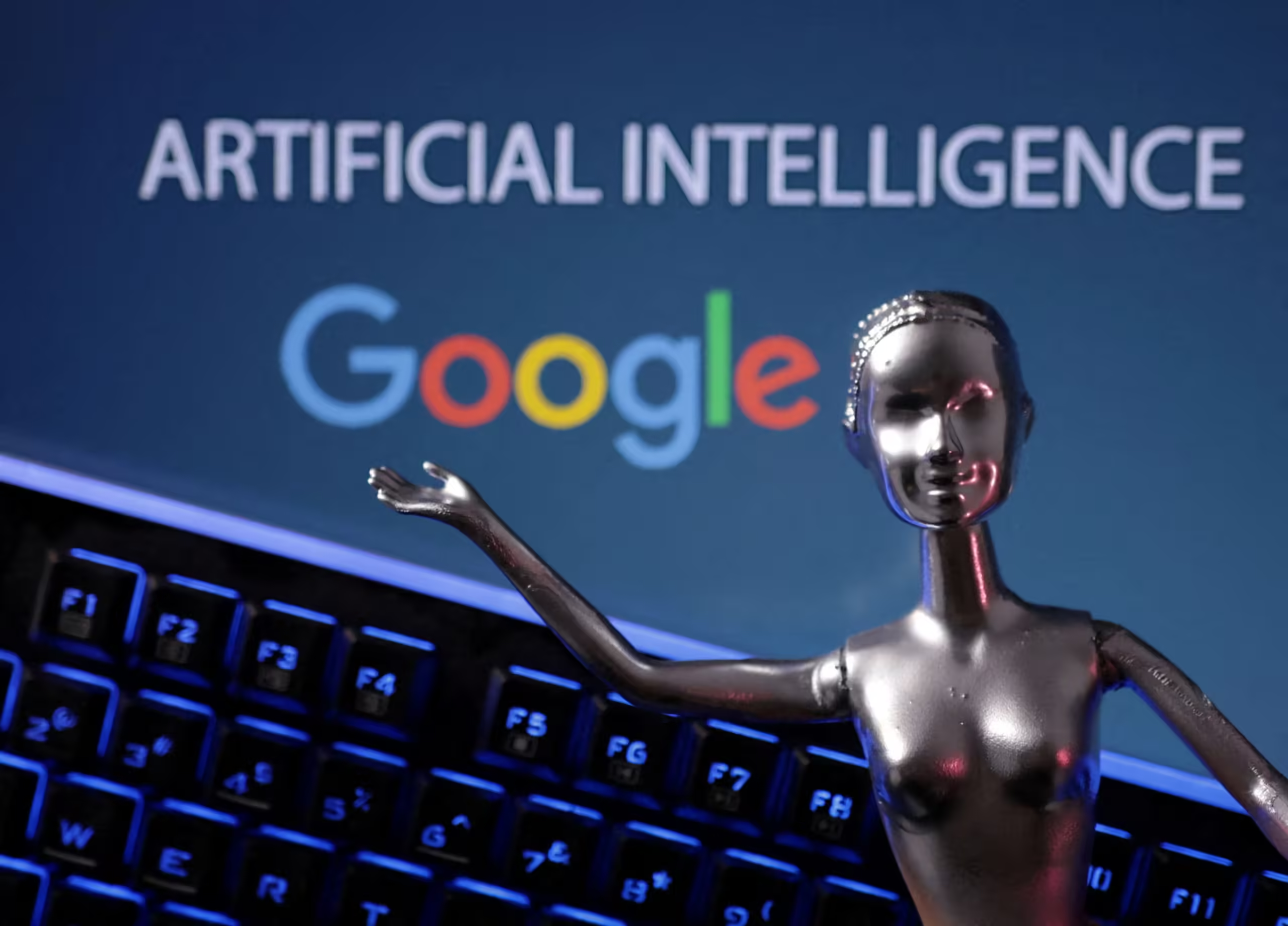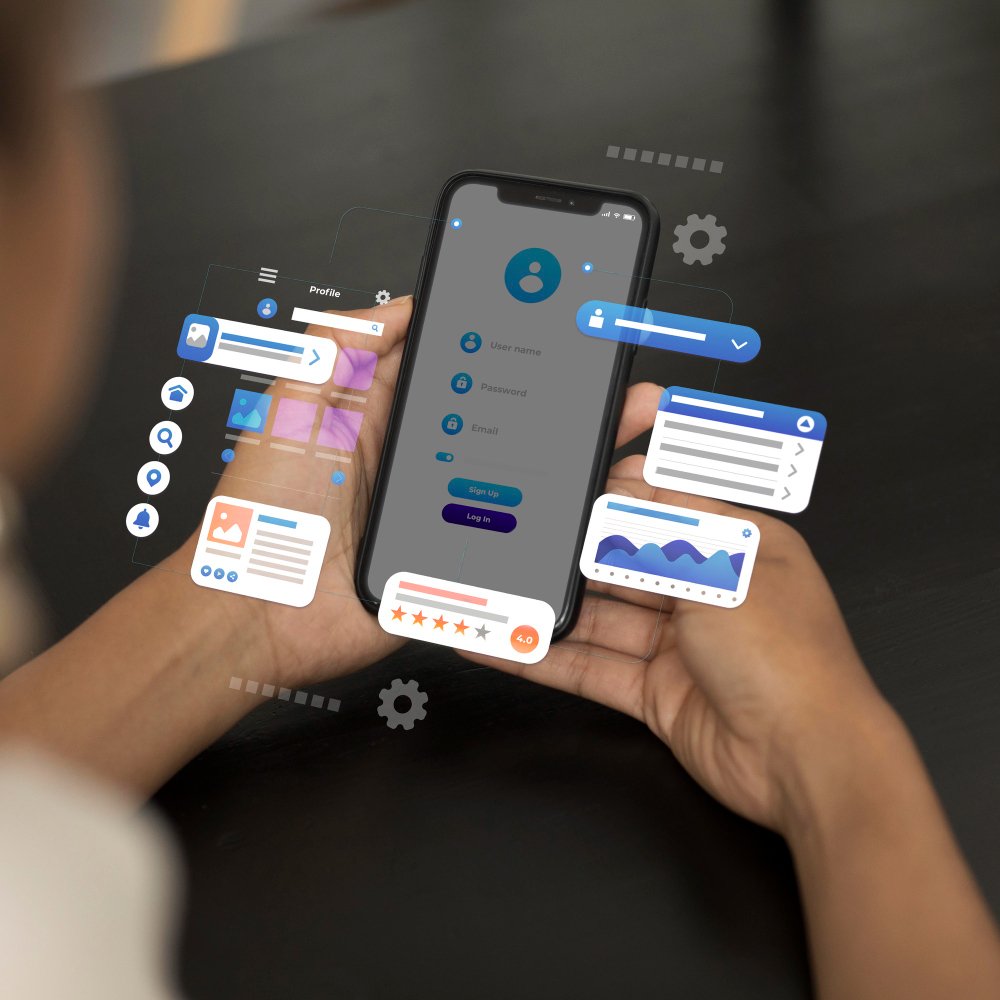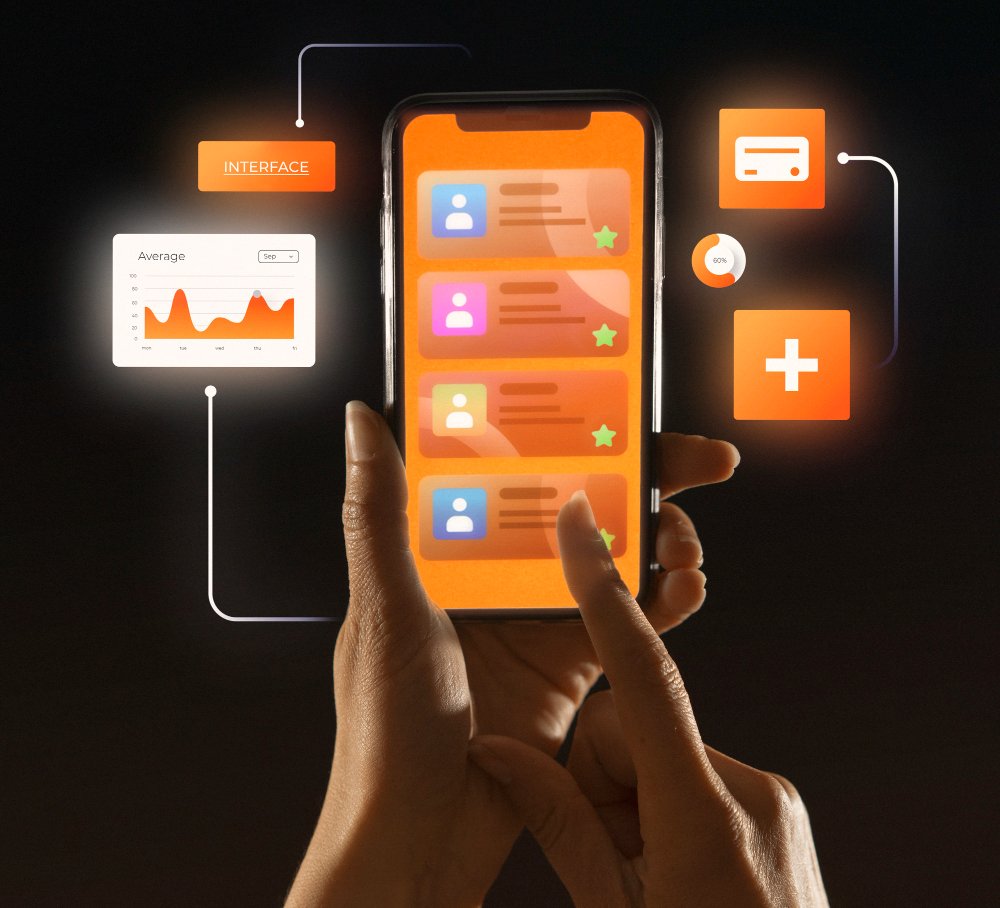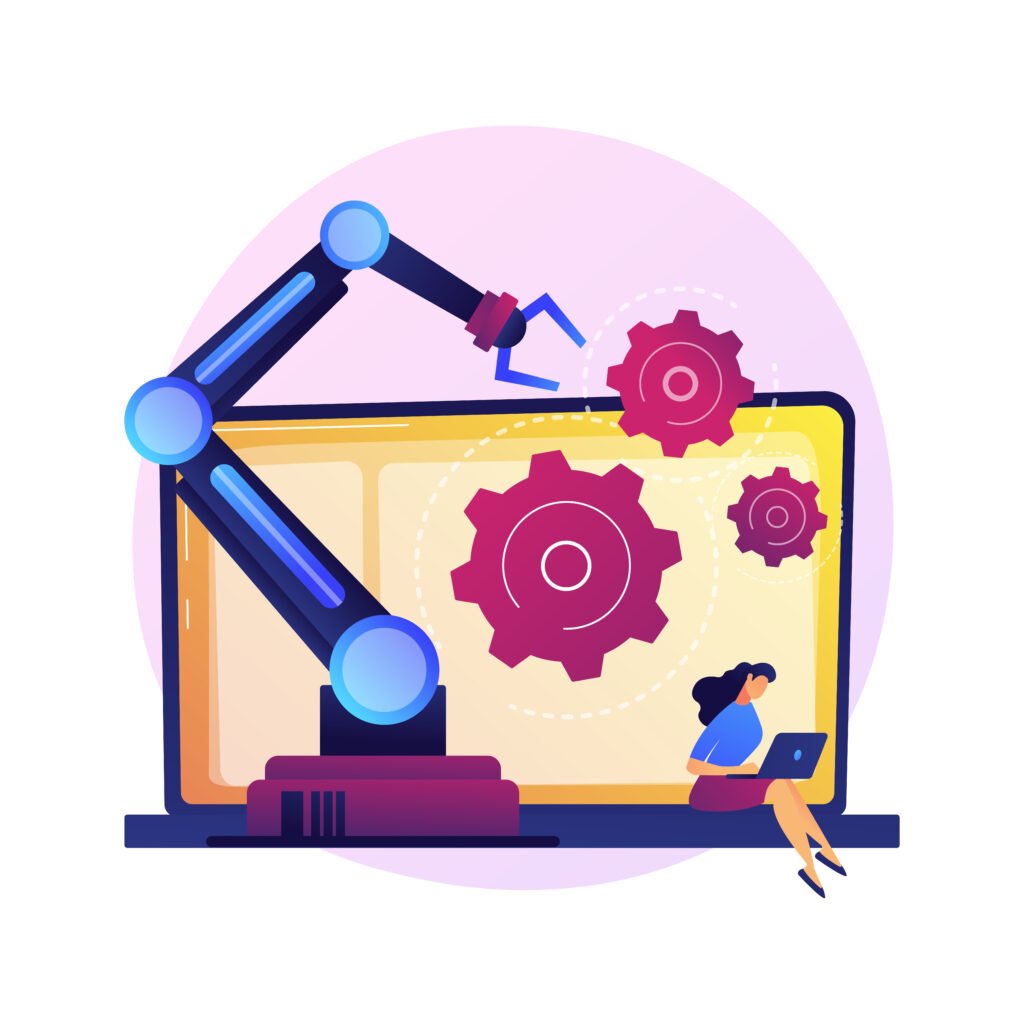
Digital transformation has become more than just a buzzword it’s the driving force behind the evolution of industries across the globe. As we move further into 2025, businesses are rapidly adopting new technologies to stay competitive, meet consumer expectations, and unlock growth opportunities. From artificial intelligence (AI) to cloud computing and the Internet of Things (IoT), digital transformation is fundamentally reshaping the way industries operate, innovate, and deliver value.
In this blog, we’ll explore how digital transformation is reshaping industries in 2025, the technologies fueling this shift, and the opportunities and challenges that come with it.
What is Digital Transformation?
Digital transformation refers to the integration of digital technologies into every aspect of a business to fundamentally change how organizations operate and deliver value to customers. It goes beyond adopting new tools it’s about cultural shifts, process optimization, and creating a digital-first mindset.
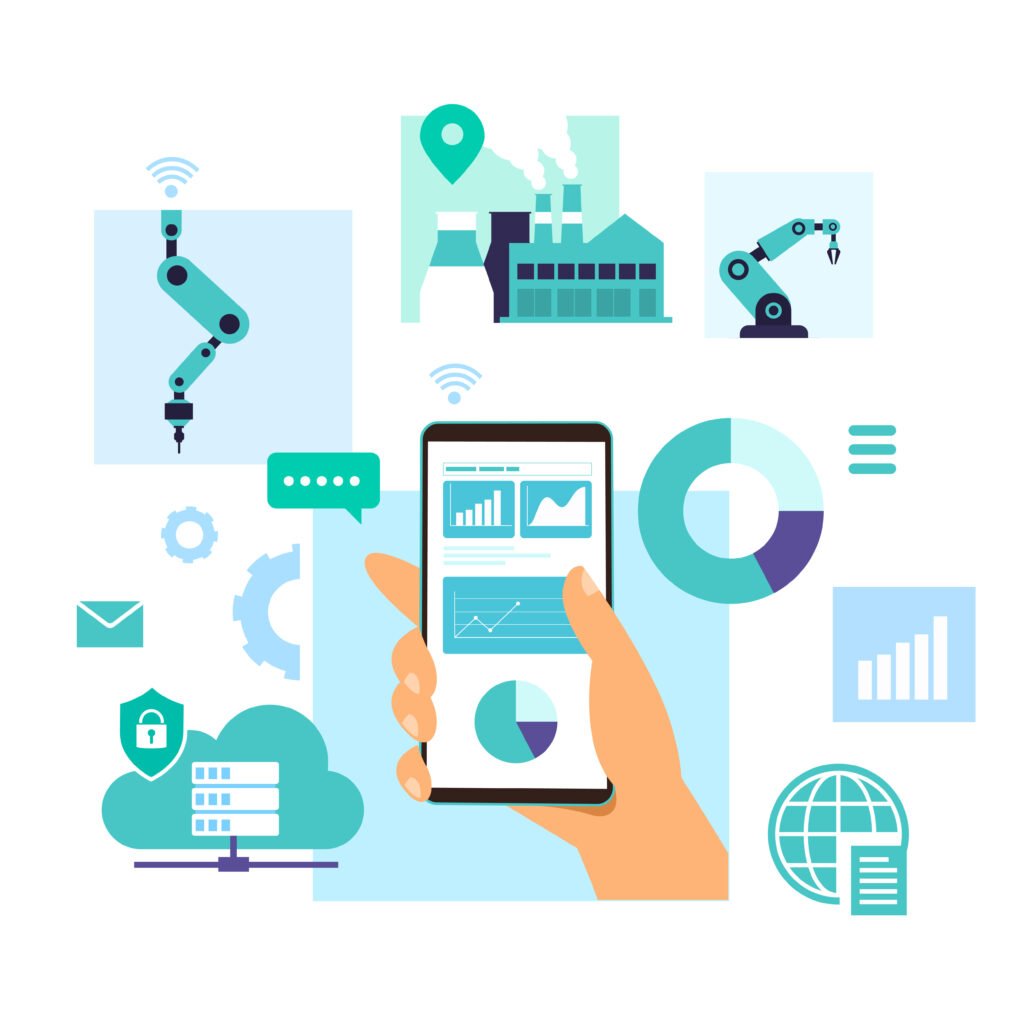
By 2025, digital transformation is no longer optional. Industries that fail to embrace it risk falling behind competitors who are leveraging technology to streamline operations, enhance customer experiences, and innovate faster.
Key Technologies Driving Digital Transformation in 2025
Several technologies are at the core of digital transformation in 2025. Let’s break them down:
- Artificial Intelligence (AI) and Machine Learning (ML):
- AI is powering predictive analytics, chatbots, recommendation systems, fraud detection, and process automation.
- ML helps businesses analyze massive amounts of data to forecast trends and personalize experiences.
- Cloud Computing:
- Cloud platforms like AWS, Microsoft Azure, and Google Cloud are enabling businesses to scale quickly and reduce infrastructure costs.
- They also provide flexibility for remote teams and real-time collaboration.
- Internet of Things (IoT):
- Connected devices are collecting real-time data to improve supply chains, smart homes, healthcare monitoring, and more.
- IoT is also driving smart cities and industry automation.
- 5G Connectivity:
- With faster speeds and lower latency, 5G is enabling real-time applications such as augmented reality (AR), remote surgeries, and autonomous vehicles.
- Blockchain Technology:
- Blockchain ensures transparency, trust, and security in industries like finance, logistics, and healthcare.
- It’s widely used for secure payments, smart contracts, and supply chain tracking.
- Automation and Robotics:
- From manufacturing floors to warehouses, robotics and process automation are boosting productivity and minimizing errors.
How Digital Transformation is Reshaping Key Industries in 2025
Healthcare Industry
The healthcare sector has undergone massive changes with digital transformation:
- Telemedicine and Virtual Care: Cloud-based apps and video consultations allow patients to access healthcare remotely.
- AI Diagnostics: AI is assisting doctors in detecting diseases early by analyzing scans, reports, and patient data.
- Wearable Devices & IoT: Smartwatches and medical wearables track heart rate, blood pressure, and oxygen levels in real-time.
- Electronic Health Records (EHRs): Cloud-based patient data systems ensure secure and easy access to health information.
By 2025, healthcare has become more personalized, data-driven, and accessible thanks to digital technology.
2. Finance and Banking
Fintech has revolutionized the financial services industry:
- Digital Payments: Mobile wallets, UPI systems, and contactless payments dominate global transactions.
- Blockchain & Cryptocurrency: Banks are adopting blockchain for fraud prevention, faster settlements, and secure transactions.
- AI in Finance: AI-driven chatbots assist customers, while ML predicts credit risks and investment opportunities.
- Open Banking: APIs allow third-party apps to provide users with more control over their financial data.
In 2025, finance is all about trust, speed, and customer-centric services powered by digital platforms.
3. Retail and E-Commerce
The retail industry has seen one of the biggest transformations:
- Personalized Shopping: AI recommends products based on browsing behavior and purchase history.
- Augmented Reality (AR): Customers can virtually try on clothes, furniture, or makeup before purchase.
- Omnichannel Experiences: Retailers integrate online and offline experiences for seamless customer journeys.
- Automation in Logistics: Robotics and AI streamline inventory management and faster deliveries.
By 2025, customer experience is king, and digital transformation ensures personalization at every step.
4. Manufacturing and Industry 4.0
Manufacturing is embracing Industry 4.0, driven by IoT, AI, and automation:
- Smart Factories: Machines connected via IoT optimize production in real-time.
- Predictive Maintenance: AI predicts machinery breakdowns, saving downtime costs.
- Robotics: Automated robots handle repetitive and hazardous tasks with high precision.
- 3D Printing: Rapid prototyping and custom manufacturing become faster and cheaper.
Manufacturers in 2025 enjoy higher efficiency, reduced waste, and faster product development cycles.
5. Education Sector
Education has shifted to hybrid and digital-first models:
- E-Learning Platforms: Platforms like Coursera, Udemy, and edX deliver global education to anyone with internet access.
- AI-Powered Learning: Personalized learning paths adapt to student performance and preferences.
- Virtual Reality (VR) Classrooms: Immersive VR classrooms provide hands-on experiences for subjects like science, history, and engineering.
- Remote Collaboration Tools: Tools like Zoom and Microsoft Teams enable seamless global learning experiences.
In 2025, education is inclusive, accessible, and technology-driven.
6. Transportation and Logistics
The logistics industry is leveraging digital transformation for smarter operations:
- Autonomous Vehicles: Self-driving trucks are reducing logistics costs.
- Real-Time Tracking: IoT sensors track shipments across the globe.
- AI Route Optimization: AI algorithms optimize delivery routes for faster and cost-effective shipping.
- Blockchain for Supply Chains: Blockchain ensures transparency in goods tracking, preventing fraud.
Digital transformation ensures that logistics in 2025 are efficient, transparent, and customer-focused.
Benefits of Digital Transformation Across Industries
- Enhanced Efficiency: Automation reduces manual tasks and errors.
- Improved Customer Experience: Personalization and real-time services increase customer satisfaction.
- Cost Reduction: Cloud computing and automation minimize infrastructure and labor costs.
- Innovation & Agility: Companies can rapidly test and launch new ideas.
- Data-Driven Decisions: Big data analytics empowers smarter strategies.
Challenges of Digital Transformation
While the opportunities are vast, challenges remain:
- Cybersecurity Risks: More digital adoption means greater risk of cyberattacks.
- High Implementation Costs: Not all organizations can afford large-scale digital adoption.
- Skill Gaps: Many industries face a shortage of professionals with digital skills.
- Cultural Resistance: Employees and leaders may resist new technology adoption.
The Future of Digital Transformation Beyond 2025
As we look ahead, digital transformation will continue to evolve with new innovations:
- AI-Powered Enterprises: Businesses will become fully data-driven with predictive decision-making.
- Metaverse Applications: Retail, education, and entertainment industries will integrate with the metaverse.
- Sustainable Tech: Green computing and eco-friendly digital solutions will drive sustainability.
- Hyper-Personalization: Businesses will deliver ultra-personalized products and services through AI and big data.
Digital transformation in 2025 is reshaping industries worldwide, redefining customer experiences, and creating new opportunities for growth. From healthcare to finance, retail, manufacturing, education, and logistics, every industry is being powered by AI, IoT, cloud, and automation.
Businesses that embrace digital transformation not only gain a competitive advantage but also ensure long-term sustainability in a rapidly changing digital economy. For companies still hesitant, the message is clear adapt now, or risk falling behind.



